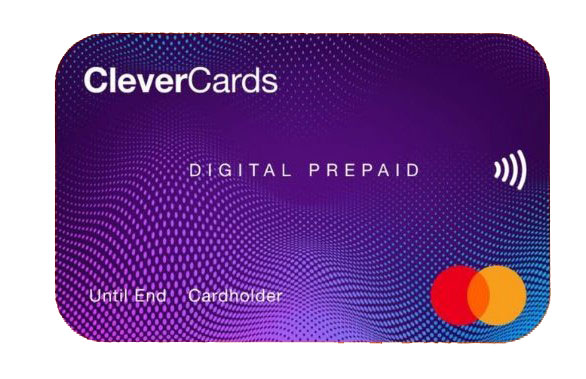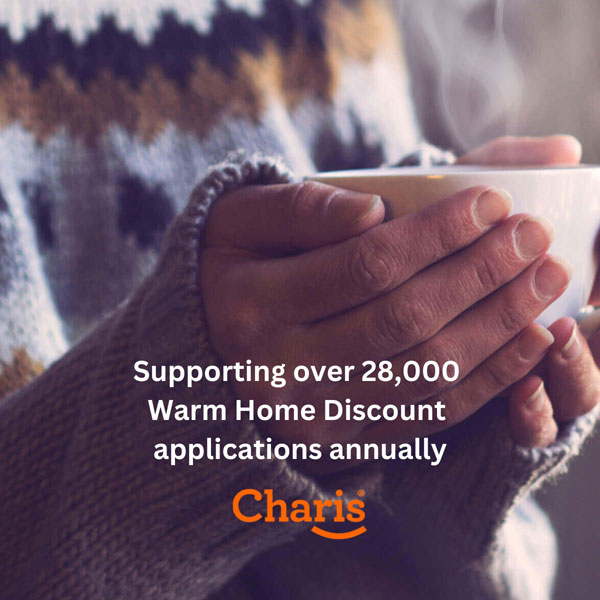 by Oliver Gray, Business Development Director, Charis Grants Ltd.
by Oliver Gray, Business Development Director, Charis Grants Ltd.
Is there a glimmer of light at the end of the energy bills tunnel? Cornwall Insight released a forecast at the start of 2023 predicting a drop in the price cap in Q2 2023 to £2800 - below the government’s planned capped EPG of £3000 from April 2023. As the report[1] stated: “While it is positive to see a drop in the price cap forecast, household bills are set to remain high. With the Energy Price Guarantee rising in April, the second half of the year will still see a typical household facing bills well above historic levels and costs that many can ill afford.”
Housing associations are going to have to make affordable heating a priority during 2023, not just to ensure that residents can live a healthy and comfortable life but also to protect the very structure of the housing stock and prevent expensive repair and maintenance.
Historically, the distribution of these funds was time-consuming, expensive, and inefficient. As the need for support has grown, so has the administration that feeds into this support. Aspire Housing in Newcastle under Lyme, for example, usually has an annual target for grant applications of £6000. So far, between April and the end of November 2022, the association has already processed £14,000 worth of applications.
Aspire has been able to cope with the increase, having partnered with us on our Charis Shop platform. Prior to partnering with Charis, Aspire was spending over £10 per BACS transaction for every request for funds it received from one of its 8500 household residents. It would also take several days to get final authorisation before any payment could be made to its more vulnerable residents. By working with us at Charis, Aspire was able to reduce that transaction time to minutes rather than hours and days and cut transaction costs to just £3.50, freeing up 70 per cent of administration costs, which meant that it had more funds that could be used for households in need.
The Aspire Housing project is illustrative of the partnership approach that Charis takes in helping social housing providers meet their statutory and moral obligations to support residents in not just heating their homes but also providing supermarket vouchers, replacing essential white goods and furniture, providing clothing and bedding, and many other areas in which hardship can be lessened by the effective distribution of available funds.
Getting these funds to the individual or household can be expensive, cumbersome, and vulnerable to exploitation by those who know how to work the system. The role Charis plays in this distribution chain is to minimise the cost and time elements and improve the transparency of every single transaction so that organisations know exactly who is getting what for whatever purpose.

Our Digital Payment Card is one such innovative way Charis has significantly improved how energy payments are made to households. We have collaborated with CleverCards to launch a Digital Payment Card, which is powered by Mastercard. It is accessed through our Charis Shop, where an association can input and process all eligibility criteria and make digital payments directly to the beneficiary via their email in one simple text message.
The text message contains an image of a Digital Payment Card that looks just like a Mastercard. The beneficiary must click a link to activate the card and release the CVC number, and then the card details, pre-loaded with an agreed amount, can be used to pay their gas and electricity costs online in the same way as any credit card.
Usually, fuel payments are distributed via vouchers for households with prepaid meters, of which Ofgem estimates there are about four million. Individuals would go to places such as the Post Office or PayPoint, where they could top up their meters using those vouchers. The digital payment card solves the problem of how to issue funds to households with smart meters, enabling the funds to be used in the same way as any credit card when paying for something online. Checks are automatically built into the digital technology to ensure that the payments are only used for the stated energy payments, reducing the risk of fraud, and guaranteeing that the funds are only used for the stated use.

- Log in to post comments















